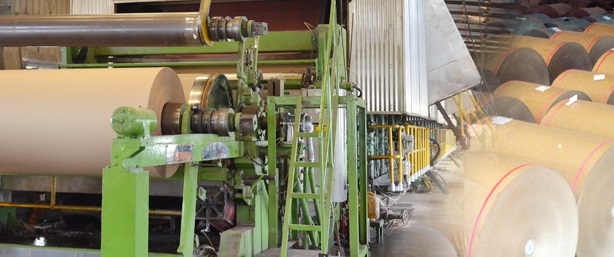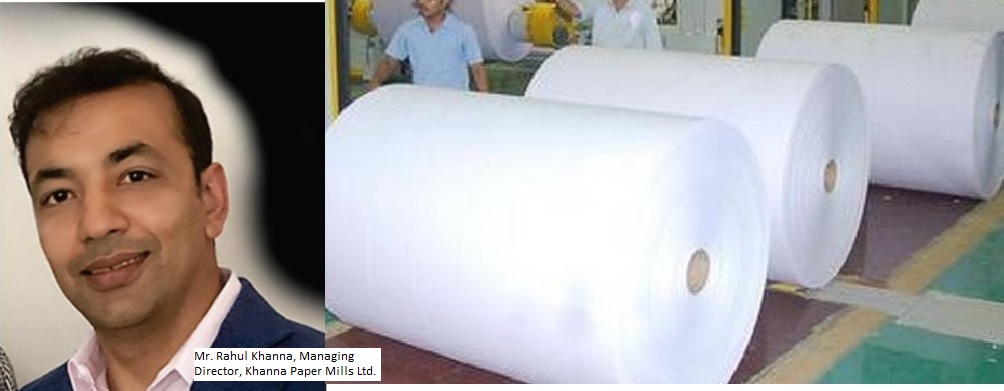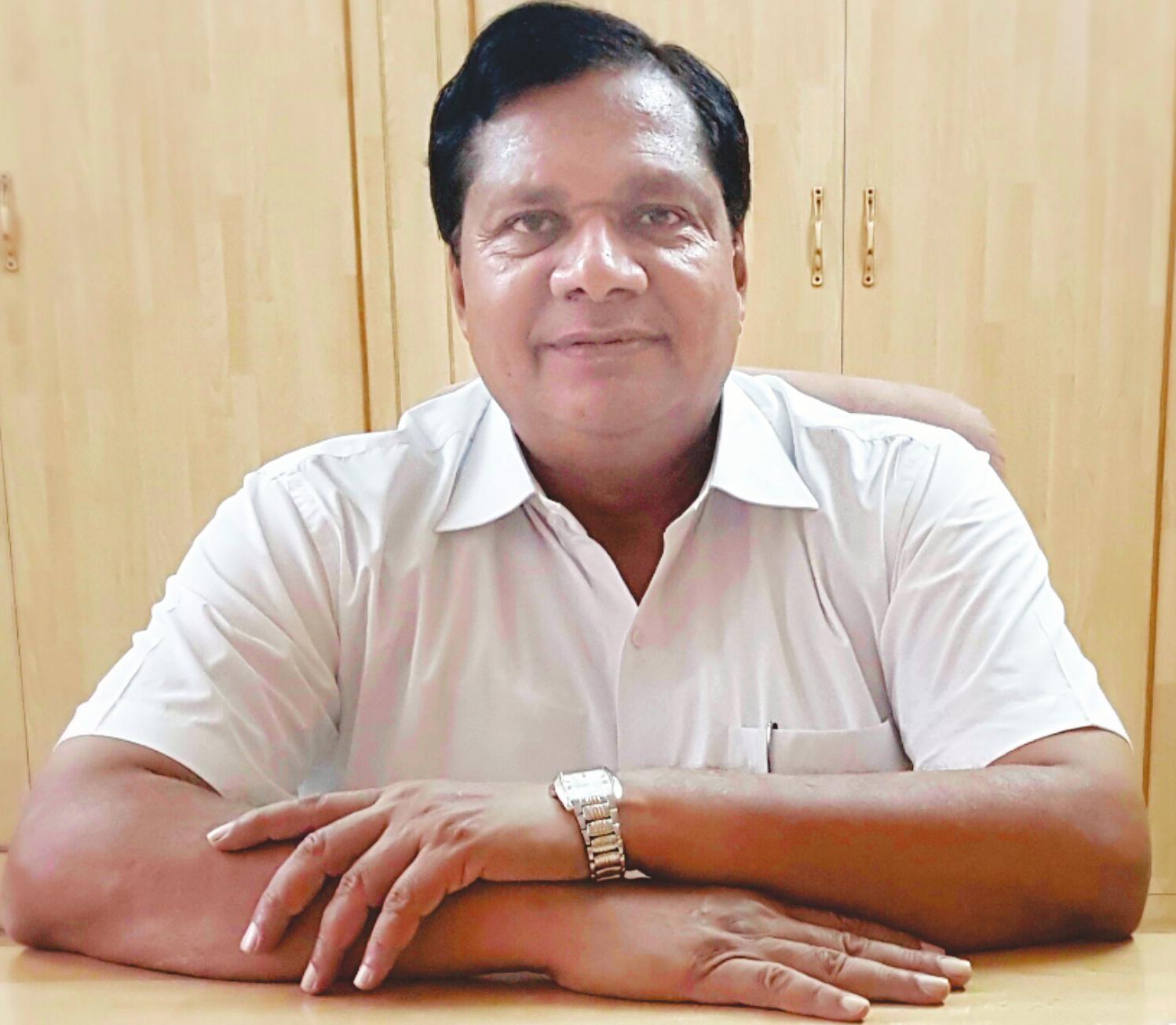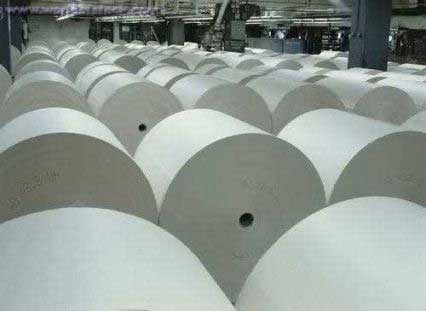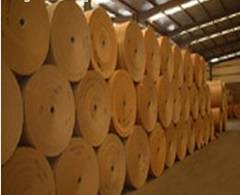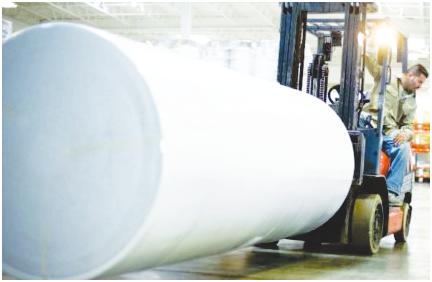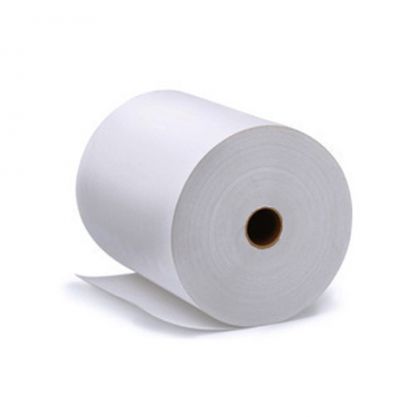Kuantum Papers: revised curriculum will boost WPP demand under National Educational Policy 2020
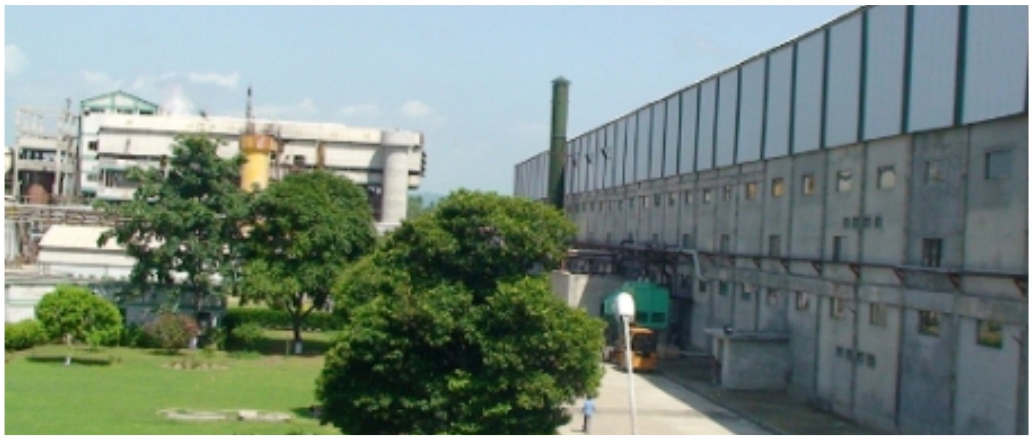

Kuantum Papers: Revised curriculum will boost WPP demand under National Educational Policy 2020
- Conducted studies on Pulping and bleaching of Sababul wood and Dake Wood for alternative raw material development for making pulp and paper.
Saila Khurd | 28th December 2021 | The Pulp and Paper Times:
Kuantum Papers Ltd. (KPL) has been one of the most cost-competitive paper mills and a large player in the writing and printing segment. The continuous efforts of the company towards cost reduction and technology up-gradation has led to improved product quality, enhanced product range, increased production capacity, higher operational efficiencies and economies of scale. Further these initiatives have also enabled the company to manufacture premium quality paper, such as maplitho paper, specialty papers and premium copier paper, which is placed in the higher value segment, competing with quality of other large paper mills.
The Annual Report for FY 20-21 of KPL stated that the Government has announced the new National Education Policy (the NEP 2020) to focus on providing education that is equitable, accessible, high-quality and affordable. The policy will act as a roadmap to revolutionize schooling and higher education in India that will support and foster a lifelong learning culture to maximize the rich talents and resources the country has to offer. The NEP 2020 is a giant leap in a list of initiatives taken by the government in achieving Goal 4 (SDG4) of the 2030. The policy recognises the ever-changing knowledge and employment landscape in our global ecosystem and focuses on curricular and pedagogy reform, aligning it with international standards and making India a vibrant knowledge economy and a nation of thought leaders. The impending changes in the education policy and curriculum are bound to create a huge demand for writing and printing paper to meet the needs of new Indian education system.
To secure part of wood requirements, Kuantum Papers had developed a social Agro-forestry process by creating of a Nursery at the Mill to grow premium quality clonal plants which has been doing very well. At the Nursery, clonal varieties of fast-growing hardwood trees are grown and distributed to farmers for them to plant on their land, and the company buys back the hardwood post the harvest, thereby positively uplifting the Greening India mission of the Government.
While Writing & Printing paper does not face any major threat from substitutes, the increased preference for online storage and dissemination of data and information could marginally impact the demand growth. However, despite the higher level of technology being used in the corporate sector, there has been no perceptible decline in the paper demand. The demand for the writing and printing paper is expected to rise sharply on account of the implementation of the National Educational Policy 2020, which will result in publication of new books under the revised curriculum.
Availability of adequate good quality agro raw materials at cost-effective prices, higher capital outlay, high interest costs, long gestation period and stringent environmental regulations are the major entry barriers for the Greenfield projects.

OPERATIONS
The year under review had witnessed disruptions in operations due to the unprecedented economic challenges faced by the Indian economy due to Covid-19 pandemic outbreak, nationwide lockdown, severe restrictions and curfew imposed by the various state and central governments. During the year under review, the Company achieved a production of 82,522 metric tonnes, as against 1,26,633 metric tonnes in the previous year. The quantitative figure for the sale of paper was 84,183 metric tonnes this year leaving 69 metric tonnes as closing stock, as against the sale of 1,25,267 metric tonnes in the previous year.
The figures given in the Financial statements for the current year under review are as under:
The company recorded a Net sales turnover (net of GST) and including other income stood at Rs. 41,391.79 lacs; Operating Profit at Rs. 3,932.16 lacs; Loss before Tax at Rs. 3,182.98 lacs; and the Net Loss after Tax and other comprehensive income (expense) at Rs. 1,228.51 lacs.
KPL has completed the backward integration projects at an outlay of INR 444 Cr comprising of enhancing the capacities of pulp and paper, Chemical Recovery Plant and Captive Power Plant in March 2021 which will lead to reduced production costs. The results of cost reduction initiatives and operational efficiencies will continue to be more visible in the current financial year 2021-22 as your company has implemented these initiatives to optimize capacity utilization, cost reduction, new products, optimizing production of better margin products by undertaking modification and up-gradation project consisting of a pulp mill, a chemical recovery plant and a captive power plant, for improving the cost effectivity, product quality and operations.
Research & Development and Environment
-Pulping and bleaching studies of Sababul wood and Dake Wood for alternative raw material development for making pulp and paper.
-Studies conducted on development of various new value added paper products like Thermal Paper (Kuantum Gold), MF Kraft, Absorbent Kraft, Kosmo Cup Stock, Kuantum Kappa (NS), Kosmo Ledger II, Kosmo Print, Kosheen NS, Azurlaid SWS, Blue Wove Paper, Kosmo Maplitho DS-4 which are successfully commercialized.

Web Title: Kuantum Papers revised curriculum will boost WPP demand under National Educational Policy 2020




 Join WhatsApp Group
Join WhatsApp Group Join Telegram Channel
Join Telegram Channel Join YouTube Channel
Join YouTube Channel Join Job Channel (View | Submit Jobs)
Join Job Channel (View | Submit Jobs) Join Buy Sell Channel (Free to Submit)
Join Buy Sell Channel (Free to Submit) Paper News Headlines Channel (Free to read)
Paper News Headlines Channel (Free to read)